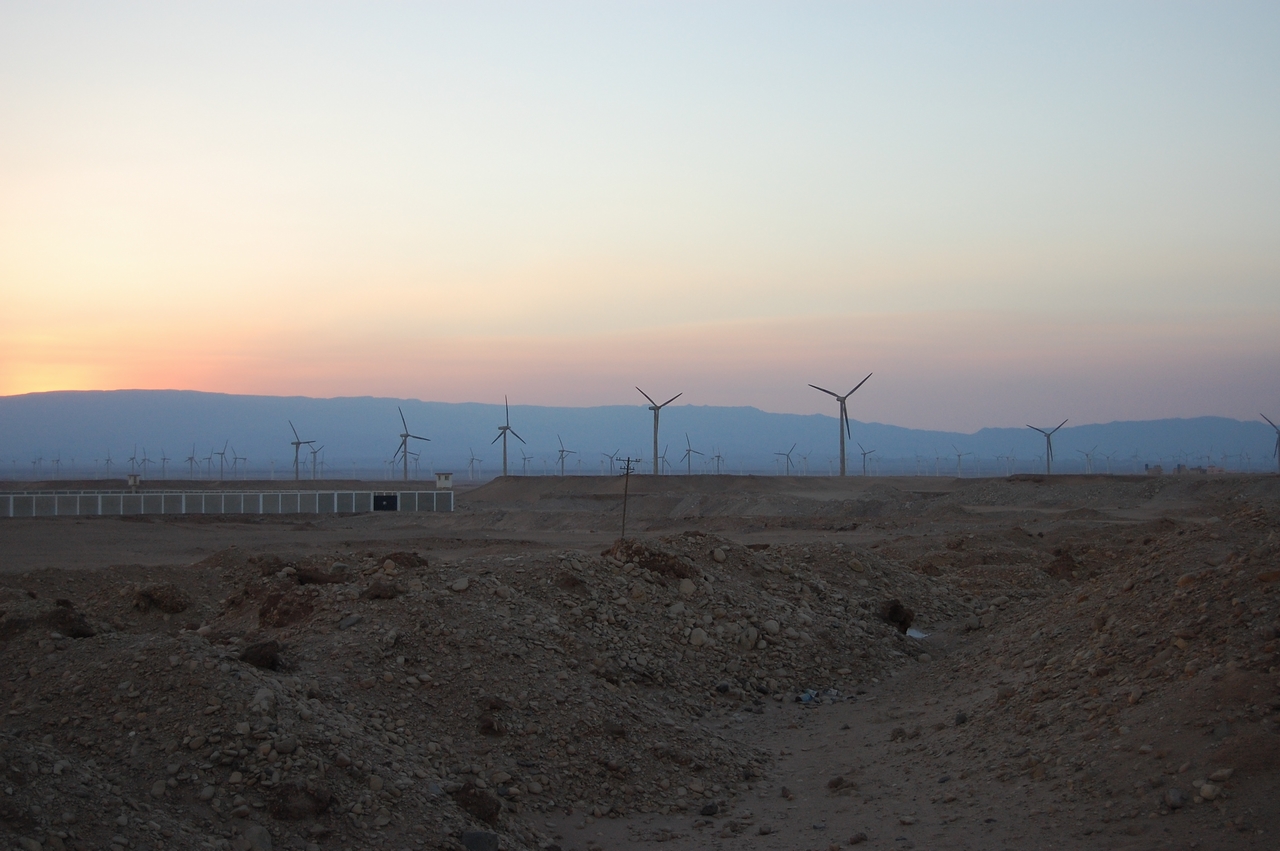Following the dramatic Amazon fires that made headlines worldwide for several days, calls have increased globally towards the key players of climate change to take action. Many campaigns are stepping up their efforts to prompt governments and decision-makers to stop developing new fossil fuel projects and to instead support renewable energy. Currently, the Egyptian Government is working on a national strategy to diversify sources of renewable energy, a matter that will help curtail reliance on fossil fuel while mitigating the impact of climate change in Egypt. For example, in July 2018, Egyptian President Abdel Fattah Al-Sisi inaugurated the Japan International Cooperation Agency-funded 220-MW Wind Farm at Gulf of El Zayt. The project, which is one of the largest wind farms in Egypt, contribute to Egypt’s efforts to preserve the environment, particularly given that climate change can have drastic impacts on Egypt’s economy. As the longest river in the world, the Nile River’s water levels could become increasingly unpredictable as a result of climate change. This may lead to severe flooding, droughts and other consequences which can have severe economic impacts given Egypt’s dependence on the Nile River. Egypt’s efforts go…



